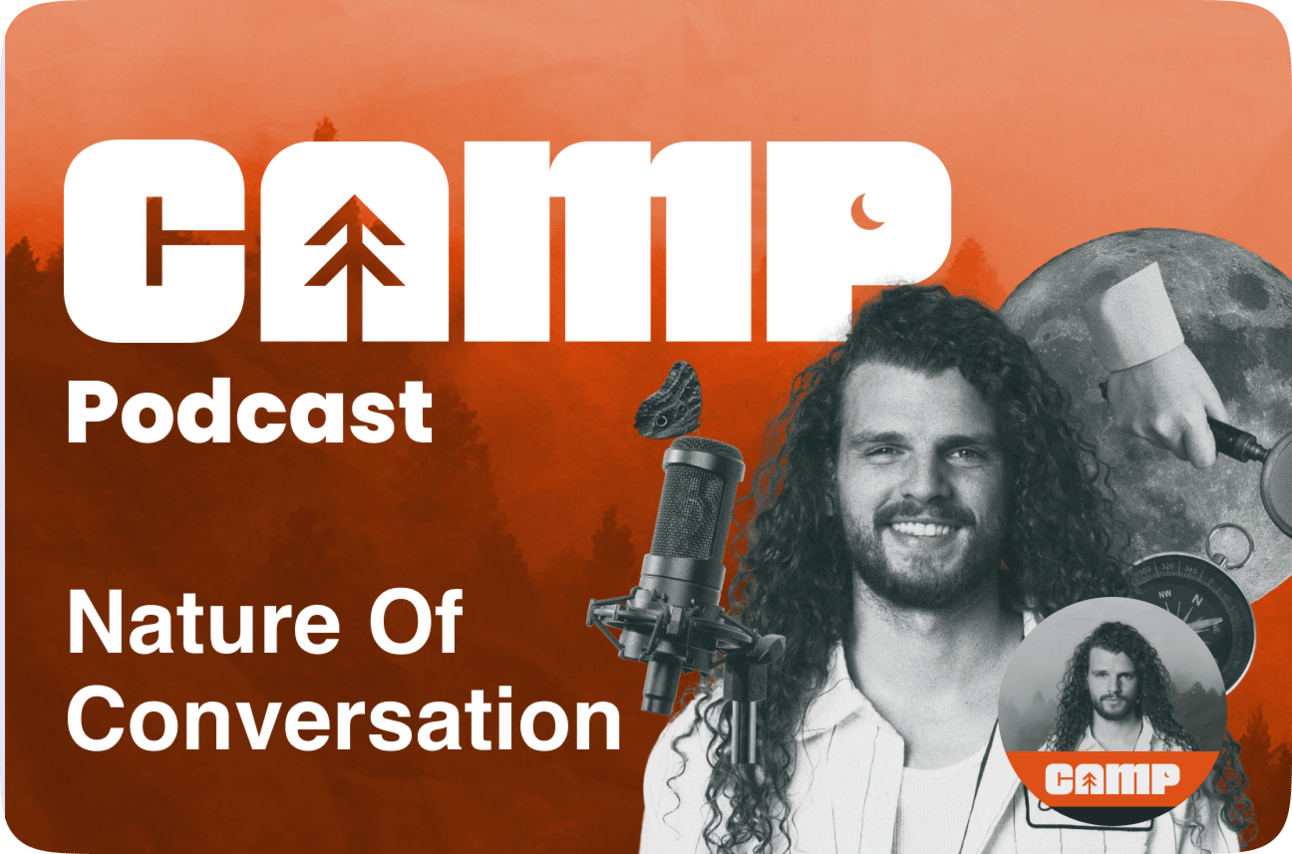
| TODAY IN HISTORY |
November 18th
Welcome to another edition of Today In History, where we explore the history, conspiracies, and the mysteries that have shaped our world.
FREE History → Tuesday - Friday
PREMIUM History → Saturday - Monday
Sign up BEFORE TODAY IS HISTORY!
🚨The Campfire Update🚨

Want to know what’s happening INSIDE the tent?
Join the BRAND NEW Camp newsletter for access to exclusive updates, early merch drops, the chance to vote on what we cover next, and behind-the-scenes chaos you won’t see anywhere else.
👉 Subscribe now — we’ll keep the fire warm.
Let’s dive into some history!🦃

TODAY’S TOPICS
1307 - Apple Shot Off of Head
1978 - Jonestown Massacre
Extras
Aztec Zoo🦩
Greek Robot🤖
Pharaoh Hair Gel🪮
Spartan Training⚔️


1307
Apple Shot Off of Head
On November 18th, 1307, the legendary Swiss folk hero William Tell faced the moment that would define his story forever. According to the tale, the Austrian bailiff Albrecht Gessler ordered Tell to shoot an apple off the head of his young son as punishment for refusing to bow before Gessler’s hat—a symbol of foreign rule. The challenge was meant to humiliate him, but it instead revealed Tell’s extraordinary skill and courage. In a tense public square, Tell lifted his crossbow, steadying himself as the crowd held its breath.

William Tell
Tell’s bolt reportedly split the apple cleanly, proving not only his marksmanship but also the depth of trust between father and son. Many retellings emphasize that Tell had hidden a second bolt, intending to use it against Gessler if his child had been harmed. This small detail has become central to why the story symbolizes both resistance and personal bravery.


Though historians debate how much of the tale is factual, the legend became a cornerstone of Swiss national identity. It emerged during a time when communities in the Alps fought for independence from the Habsburgs. The William Tell story helped fuel a sense of unity and pride, giving Switzerland an early cultural hero who stood against oppression.

Over the centuries, Tell’s feat inspired countless works—most famously Friedrich Schiller’s play and Rossini’s opera, whose overture remains iconic. Whether fact or folklore, the November 18th shot has lived on as a symbol of precision, defiance, and the power of ordinary people to challenge unjust authority.
🤖 Ai Depiction of Event

DID YOU KNOW???
We’ve got a full merch catalog—and we’d love to see you repping the show! 🙌
Take a look, and if something stands out, grab it and show some love 💥
On To The Next Story!!!

1978
Jonestown Massacre
On November 18th, 1978, the tragic events of Jonestown reached their horrifying climax. Deep in the Guyanese jungle, more than 900 members of the Peoples Temple, led by Jim Jones, died in what became one of the largest mass deaths of U.S. civilians outside wartime. Jones had moved his followers from California to Guyana in hopes of building a utopian community, but by 1978 the settlement had become tightly controlled, isolated, and filled with fear.

Jim Jones
The crisis erupted after U.S. Congressman Leo Ryan visited Jonestown to investigate reports of abuse and people being held against their will. As Ryan prepared to leave with several defectors, armed Temple members ambushed him at a nearby airstrip, killing the congressman and four others. This attack triggered the final, devastating order from Jim Jones.

Leo Ryan


Back at the settlement, Jones instructed his followers to gather for what he called a “revolutionary act.” Adults and children were given a mixture of cyanide, Flavor Aid, and sedatives. Some took it willingly, while others were forced. The chilling recordings and notes recovered later revealed a community trapped by loyalty, fear, and manipulation, making the final hours even more haunting.


The Jonestown Massacre became a defining moment in discussions about cults, coercion, and the dangers of unchecked charismatic leadership. It prompted major changes in how authorities respond to reports of abuse within closed communities. Even decades later, the name “Jonestown” remains a stark reminder of how hope twisted by control can lead to unthinkable tragedy.
🤖 Ai Depiction of Event




Aztec Zoo🦩
Emperor Moctezuma’s palace housed one of the world’s first zoos, containing jaguars, monkeys, flamingos, and even humans with unusual physical traits. Hundreds of caretakers maintained it. Spanish conquistadors described it as “a kingdom within a kingdom,” with animals kept for worship, study, and royal entertainment.

Greek Robot🤖
In the 4th century BCE, Greek inventor Archytas built a wooden pigeon that could “fly” using compressed air. It may have traveled 200 meters before landing. His design, recorded by later writers, is considered the world’s first self-propelled mechanical object—an ancient ancestor of modern robotics.


Pharaoh Hair Gel🪮
Mummies from ancient Egypt were found with elaborate hairstyles preserved under resin-based gel. Chemical analysis showed imported fats mixed with pine resin—essentially early hair product. Even in death, appearance mattered; embalmers styled hair before burial so the deceased would remain beautiful in the afterlife.

Spartan Training⚔️
Spartan boys entered military training at age seven. They were taught to endure hunger, pain, and cold without complaint. Food was deliberately scarce to encourage theft—but being caught brought brutal punishment. Discipline mattered more than victory; the ideal Spartan was silent, loyal, and fearless in all conditions.
SKRRRRRT, HOLD UP—
We’ve got a NEW History episode OUT NOW! 🎥 If you’re enjoying the newsletter, be sure to go on over and check out our latest episode on…
Reinhard Heydrich🔥

Pop Quiz 📝
What English word “pilgrim” originally meant in the 1600s?

Would You Rather?🧐
Would you rather...
If you enjoy this edition of Today In History be sure to send it to a friend and force them to sign up because that’s what good friends do. Until next time, stay curious, question everything, and keep uncovering the mysteries of the past.

